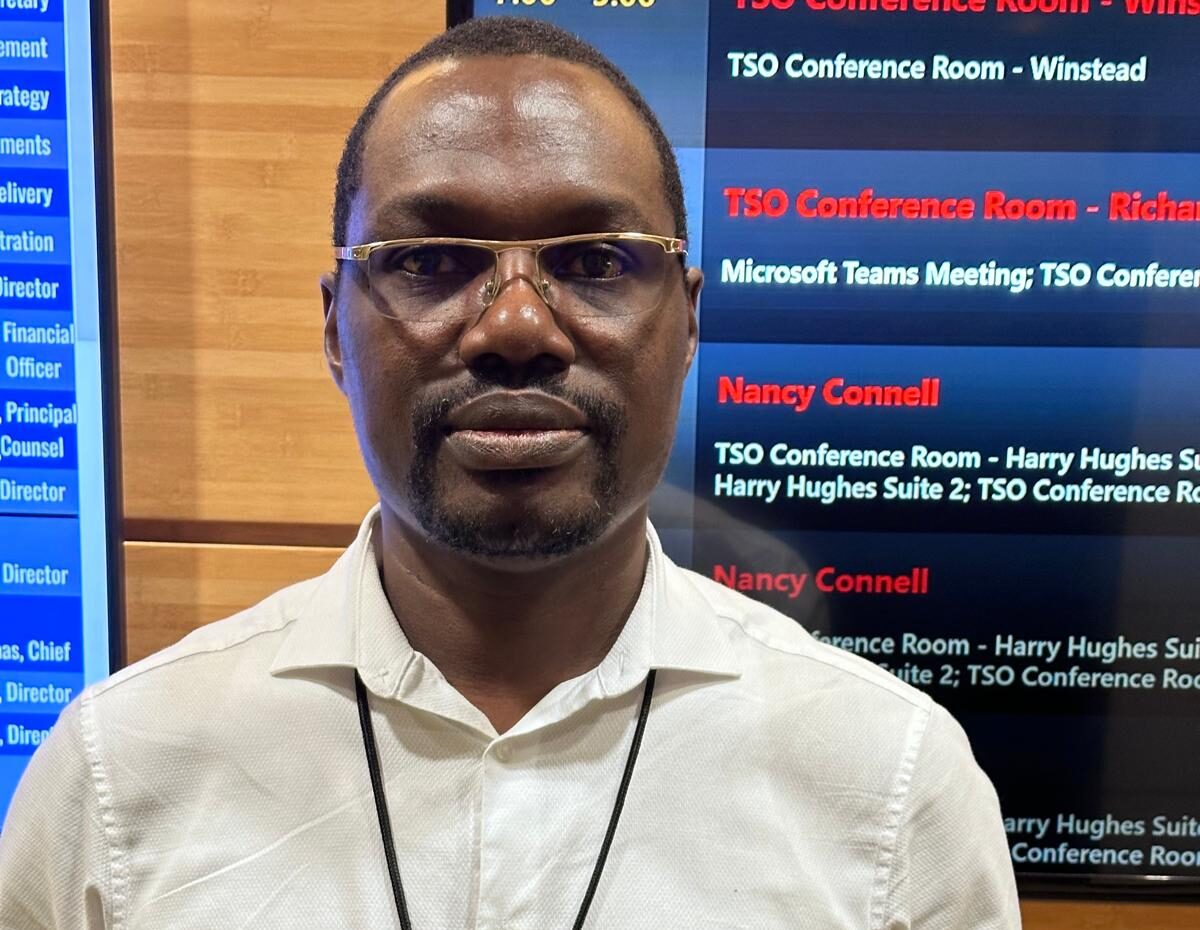As Nigeria continues to grapple with inadequate wastewater treatment systems and an unreliable power supply, a groundbreaking research effort by a U.S.-based Nigerian engineer may hold the key to tackling both challenges simultaneously.
Ajimo Adeniyi Oluwadamilola, a civil and environmental engineering expert and doctoral researcher at Morgan State University, Baltimore, has developed an innovative method that utilises Microbial Fuel Cells (MFCs) to treat solid wastewater while generating usable electrical energy.
In his recent study titled Utilising Microbial Fuel Cells for the Simultaneous Treatment of Solid Wastewater and Energy Generation, Ajimo introduced a unique biocatalyst sourced from sewer wastewater containing species such as Mycobacterium and Shewanella (Pseudomonas).
These microbes exhibit exoelectrogenic activity, meaning they can transfer electrons outside their cells—an essential mechanism for electricity production in microbial fuel cell technology.
The initial trial of the MFC experiment revealed substantial exoelectrogenic activity but did not meet U.S. Environmental Protection Agency (EPA) regulatory thresholds for most chemical parameters. However, Ajimo’s team pushed forward with a second trial, making key adjustments to the MFC configuration. In this iteration, the Total Suspended Solids (TSS) levels dropped significantly—from 96 parts per million (ppm) in the influent to 23.1 ppm in the effluent—successfully meeting the EPA benchmark of 50 ppm.
Furthermore, the second trial demonstrated that the MFC unit effectively reduced concentrations of harmful metals such as Chromium (Cr), Manganese (Mn), Lead (Pb), and Zinc (Zn).
These metals, often prevalent in urban wastewater, were brought down to concentrations compliant with EPA surface water effluent discharge standards. Despite these gains, Ajimo emphasised that supplementary treatment processes would still be necessary to meet all discharge conditions, particularly for parameters not yet within permissible limits.
“This technology is not a silver bullet, but it offers a scalable and sustainable foundation for integrating waste treatment and energy generation, especially in resource-constrained settings like Nigeria,” Ajimo stated while discussing the research.
“When improved and combined with existing methods such as constructed wetlands or biofilters, MFCs could revolutionise how we manage urban waste.”
Ajimo’s research comes at a critical time when Nigeria faces increasing urbanisation without a corresponding upgrade in sanitation infrastructure.
According to World Bank data, over 70% of wastewater generated in Nigeria remains untreated, posing significant health and environmental risks. At the same time, the nation continues to struggle with persistent energy shortages, with millions lacking access to reliable electricity. This dual crisis makes the potential impact of Ajimo’s innovation even more compelling.
His academic trajectory and professional background reflect deep expertise and commitment to environmental engineering.
Before relocating to the United States, Ajimo served as a Lecturer II at Yaba College of Technology in Lagos from 2014 to 2022, where he taught several water-related courses, including Hydrology, Sanitary Engineering, and Water and Wastewater Engineering. He also led industrial training programmes and supervised undergraduate projects focused on sustainability-driven civil engineering solutions.
Currently, he serves as a doctoral researcher and intern at the Maryland Department of Transportation, where he is engaged in georeferencing and video pipe inspection—activities that complement his ongoing PhD work on Designing Resilient Coastal Urban Storm Pipe Systems in Baltimore, considering future sea-level rise.
His research merges climate resilience with urban infrastructure planning, establishing him as a rising voice in sustainable engineering innovation.
In addition to his practical engagements, Ajimo is an active peer reviewer for the Engineering Applications of Artificial Intelligence journal.
His technical skill set is equally impressive. In addition to programming in FORTRAN and Python, he is proficient with industry-standard tools such as ArcGIS Pro, HEC-RAS, Orion, and AutoCAD, equipping him with the digital edge needed for smart environmental solutions. He has also earned certifications in machine learning, GIS data integration, and landslide risk reduction through smart systems.
When asked about the next steps for his microbial fuel cell research, Ajimo revealed that he is exploring the integration of data science models to predict microbial performance and optimise fuel cell configurations in real time.
“We are entering an era where bioelectrochemical systems and AI can work hand in hand to tackle some of the most pressing challenges in waste management and energy generation,” he said.
As Nigeria and other nations seek cleaner, decentralised technologies to address sanitation and energy needs, Ajimo’s work serves as a beacon for researchers, policymakers, and innovators. His research does not merely remain within the pages of academia—it holds the promise of real-world transformation, particularly for underserved communities that suffer most from environmental neglect.






